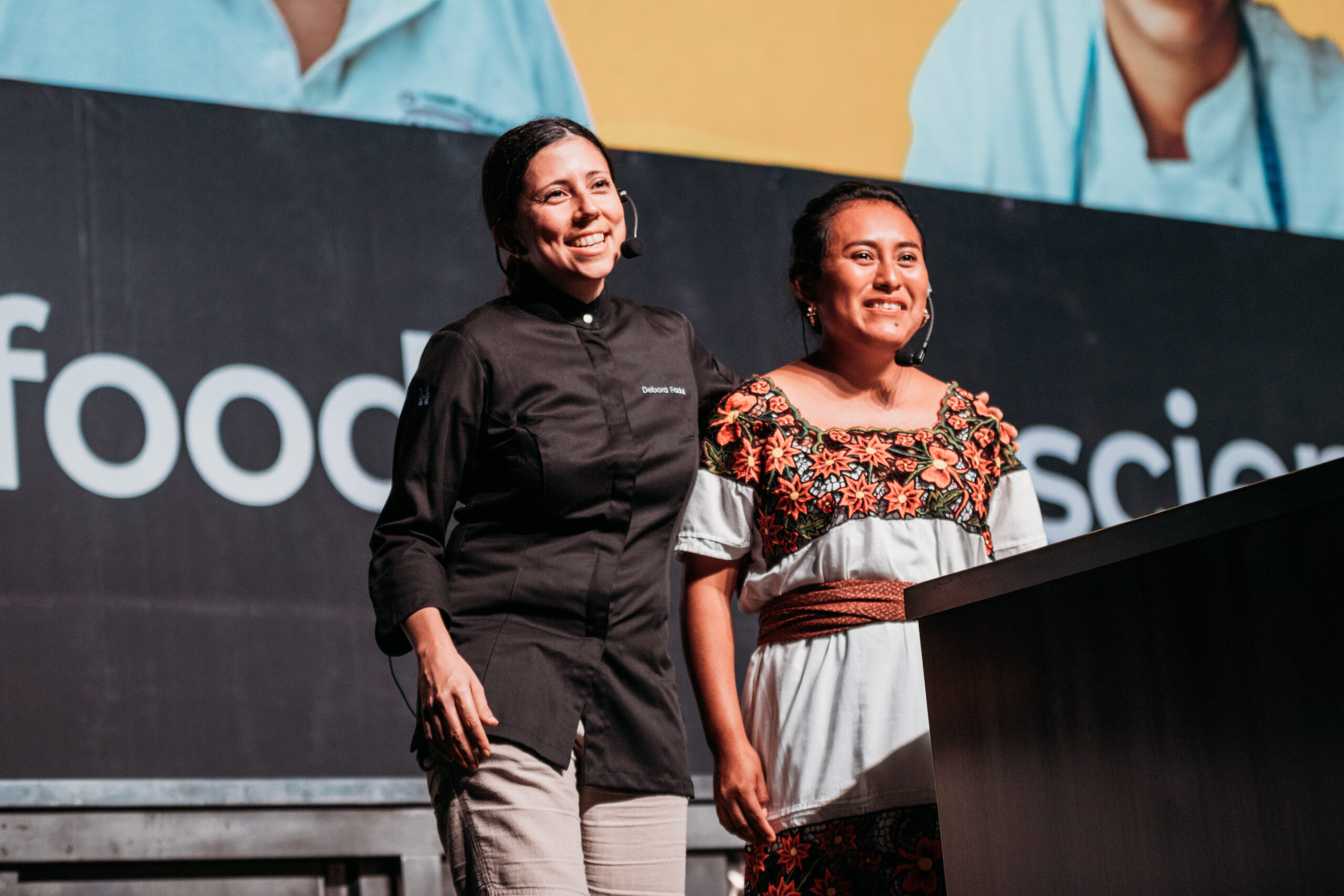
Understanding Component Communication in a Globalized Culinary Landscape – Debora Fadul
In our contemporary era of widespread globalization, the culinary world has become a melting pot of diverse flavors and ingredients. Among these, the ubiquity of certain delicacies, such as caviar or foie gras, prompts us to reflect on the interconnectedness of culinary traditions across continents. A profound exploration of this culinary globalization occurred during the enlightening event, Food Meets Science, where Chef Debora Fadul (DIACA), in collaboration with producer Carmen Rueda (Traspatio Maya), delved into the critical importance of communication at the level of individual ingredients for both chefs and farmers.
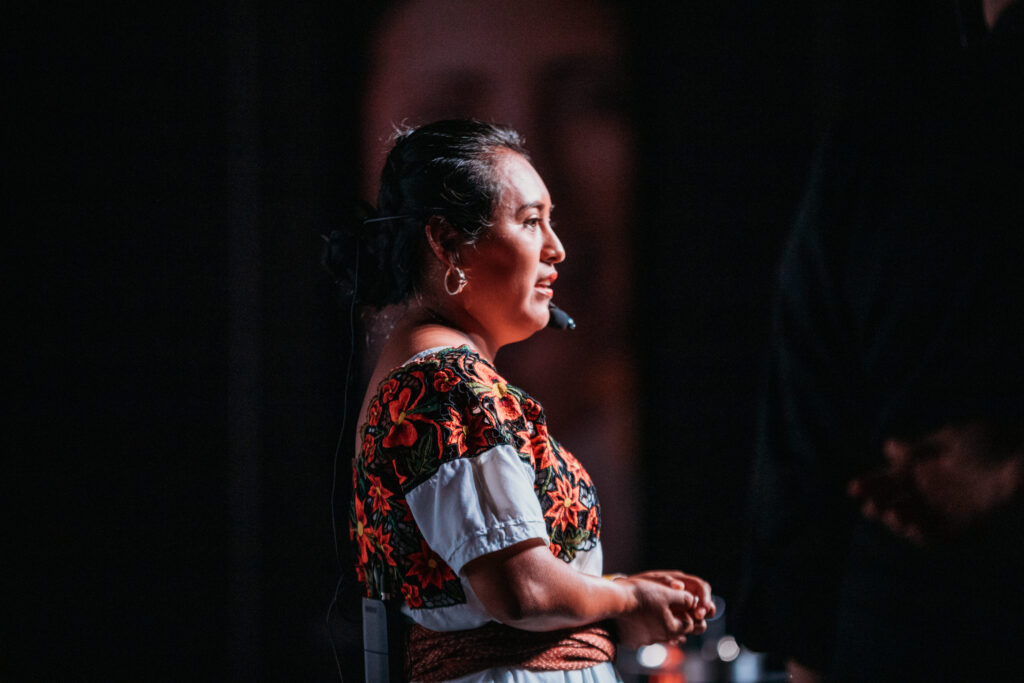
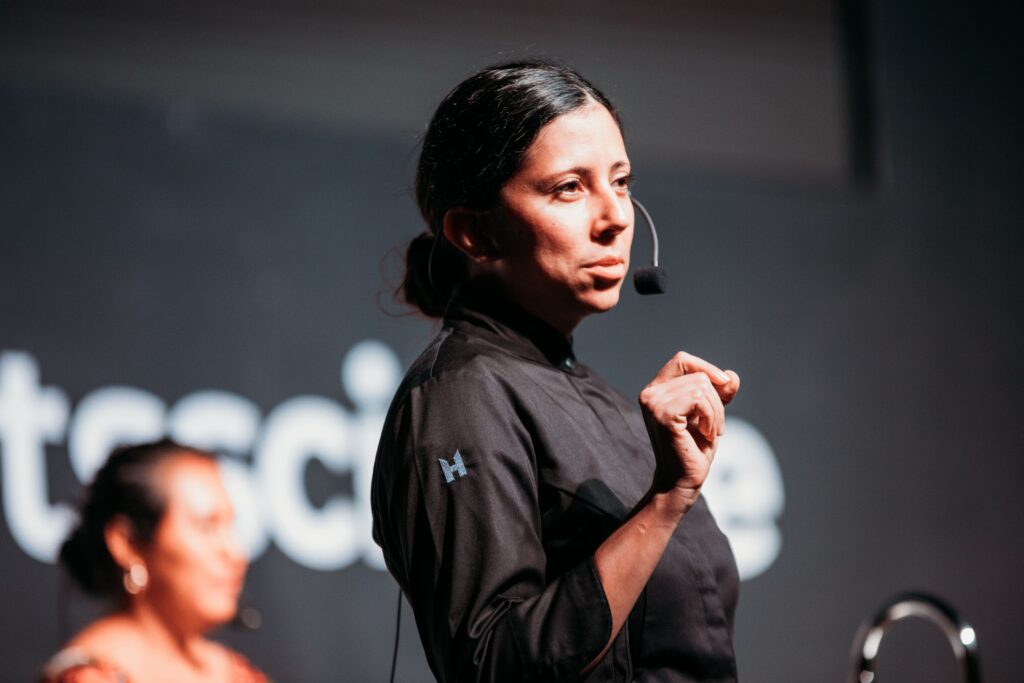
Unveiling the Sensorial Ecosystem
At the heart of this culinary exploration is the Sensorial Ecosystem, a groundbreaking ingredient classification system conceived by Debora Fadul. Drawing inspiration from alcohol and coffee testing systems employed at her renowned restaurant, DIACA, in Guatemala, this system transcends the conventional understanding of ingredients.
The Sensorial Ecosystem requires chefs and farmers to immerse themselves in a thorough understanding of the intrinsic essence of each ingredient. While this may sound poetic and enigmatic, the process begins with vital information from the producer—harvest time, quantity, soil profile, precise geographical data, and cultivation methods. This data forms the bedrock of comprehension. Subsequent steps involve a meticulous characterization of the ingredient, considering nutritional aspects such as fats and proteins, and delving into sensory elements like visuals, texture, taste, and aromas. The final layer encompasses ideas, applications, inspirations, and innovations.
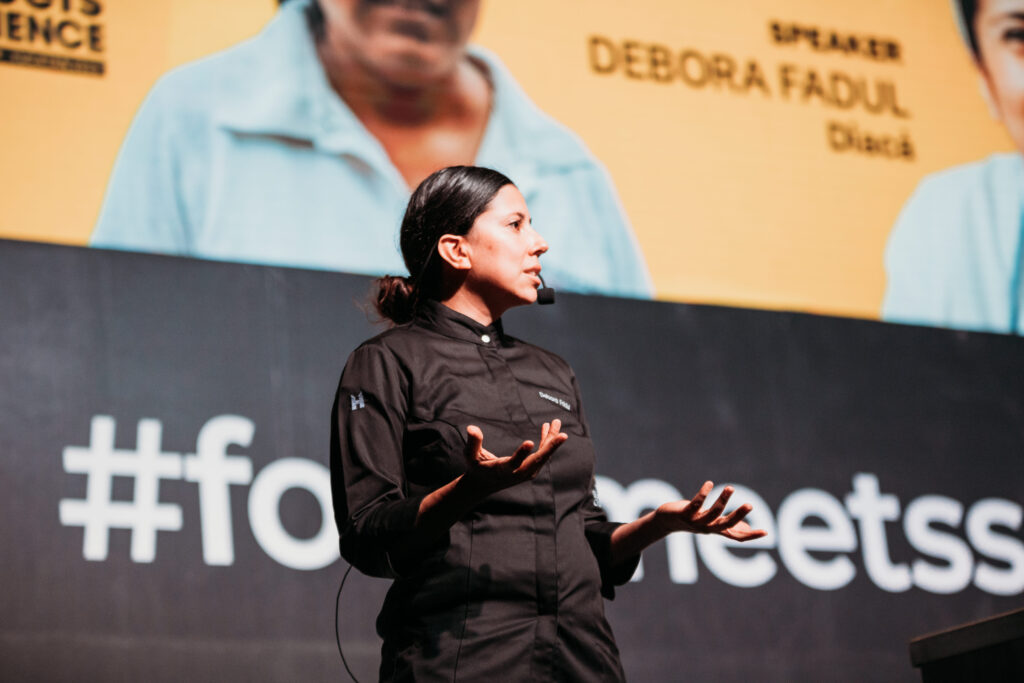
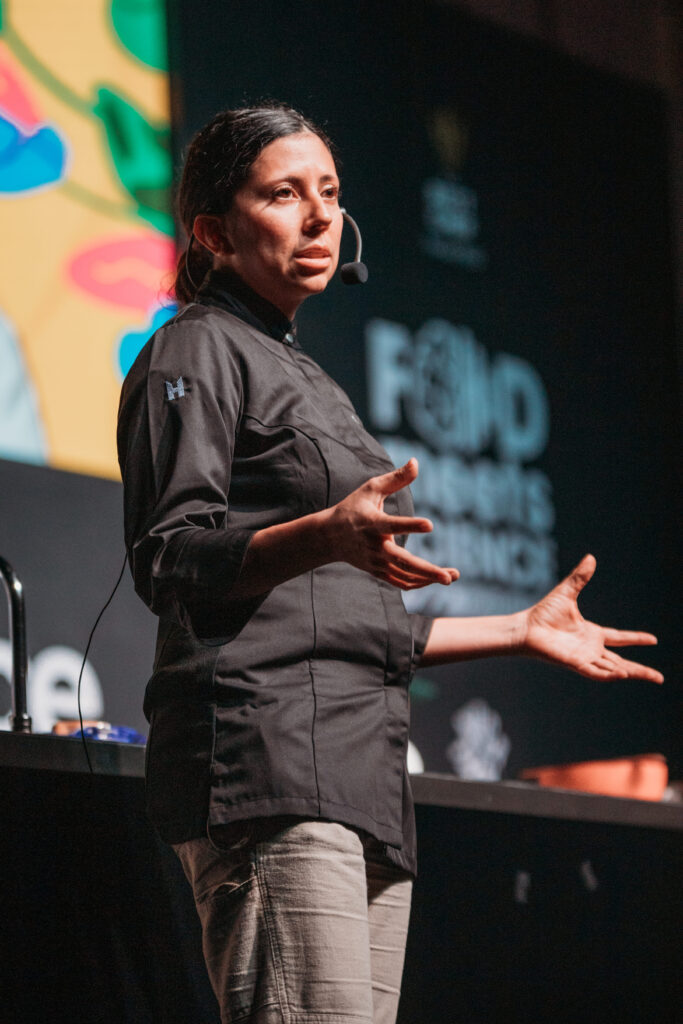
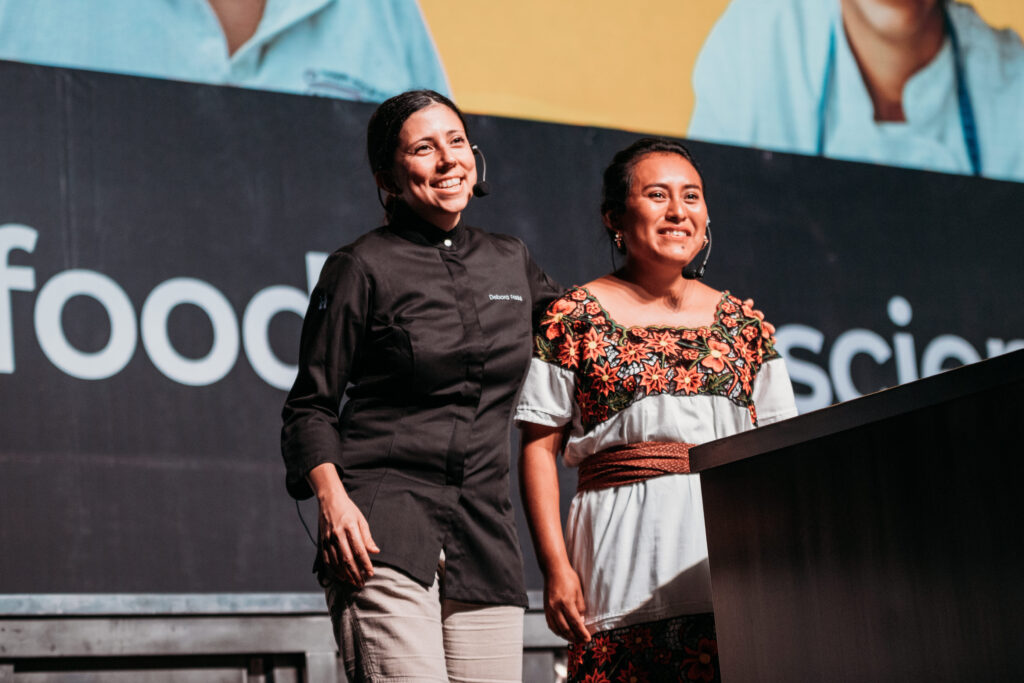
A Culinary Journey Beyond the Plate
But why undertake this in-depth analysis? The answer lies in the profound impact it wields not only on what is served to guests but on the very production and cultivation processes themselves. This approach transcends the mere act of cooking; it becomes a powerful tool for influencing the intricate web of food production.
The Evolving Role of Chefs
“The chefs can compose as well as a ruin.” This poignant statement encapsulates the profound role of chefs as not just culinary artisans but as channels and bridges between disparate elements. Their influence extends beyond the kitchen to a broader understanding—that they are integral contributors to the environment and the real-life experiences of producers and communities.
Crucially, the chef’s responsibility doesn’t culminate with the selection of ingredients. Instead, it extends to the education of guests, where differences are highlighted, secrets are uncovered, and questions are answered.
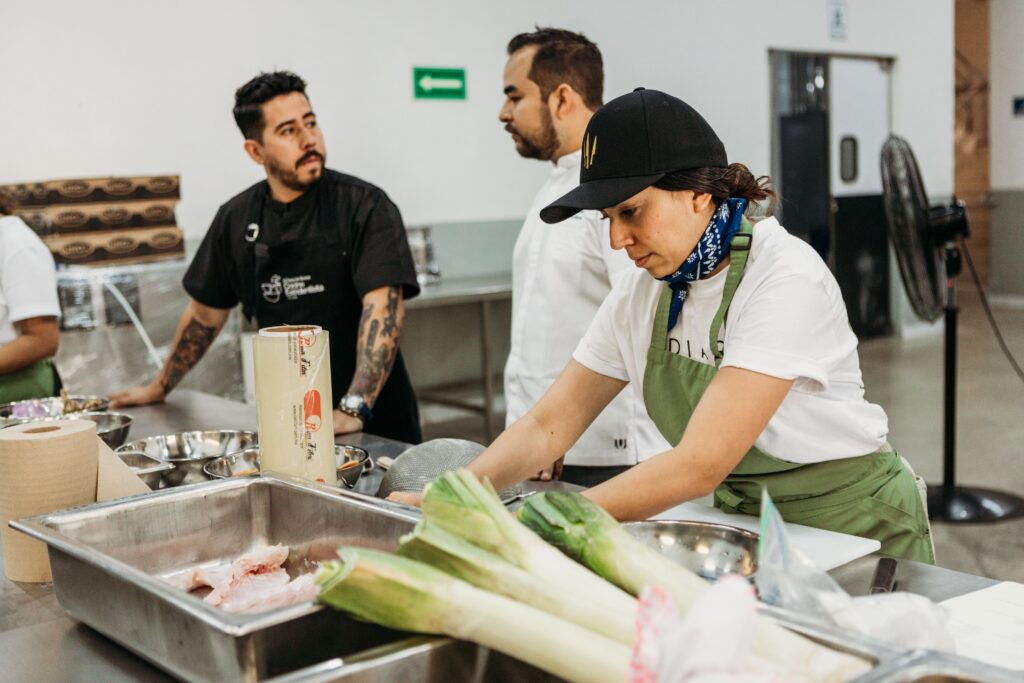
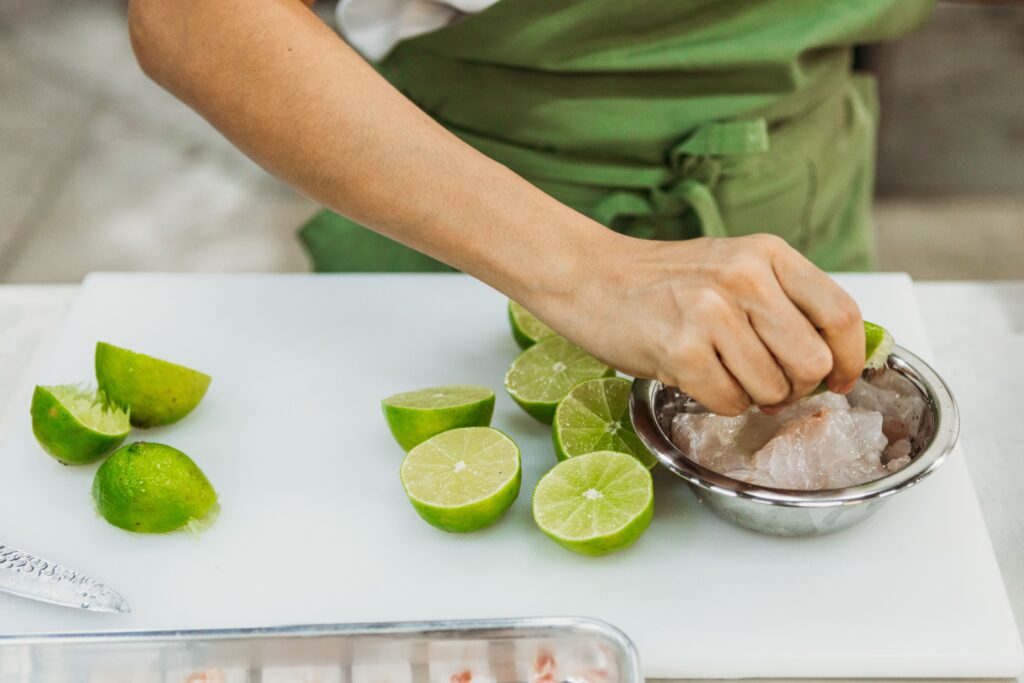
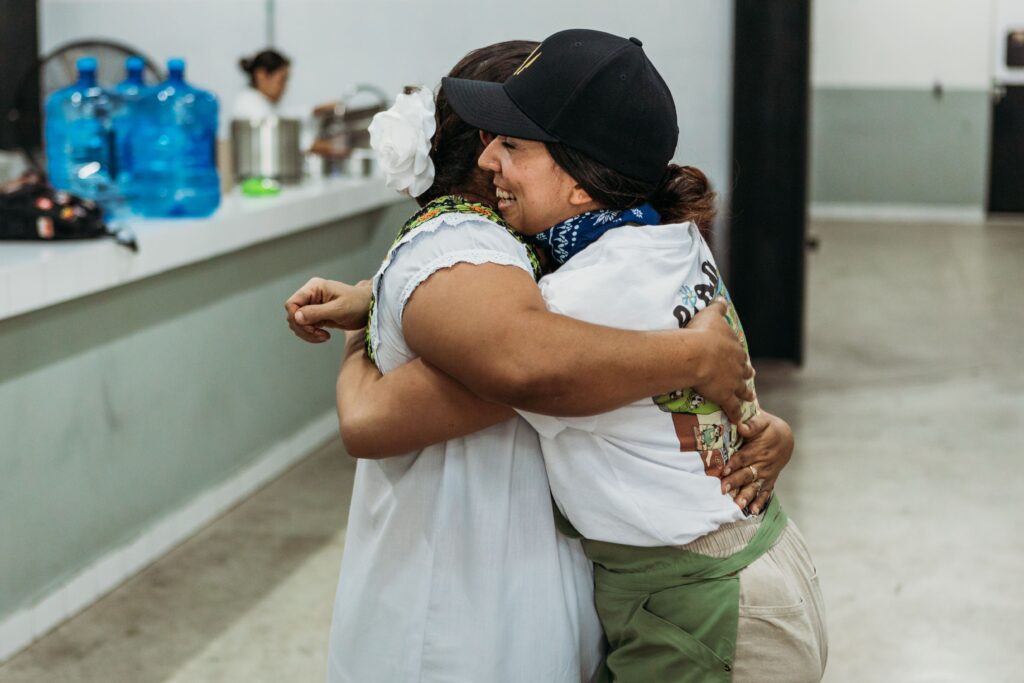
Chef as the Link between Producers and Guests
Debora and Carmen’s presentation, a masterpiece of nuanced storytelling, focuses not just on ingredients but on people and products. The labor and emotions invested in this presentation are more than mere culinary demonstrations; they inspire hope and offer a genuine opportunity for social change. In this narrative, chefs cease to be mere cooks; they become the essential links connecting producers and guests in a shared journey of discovery and appreciation for the intricacies of our global culinary tapestry.

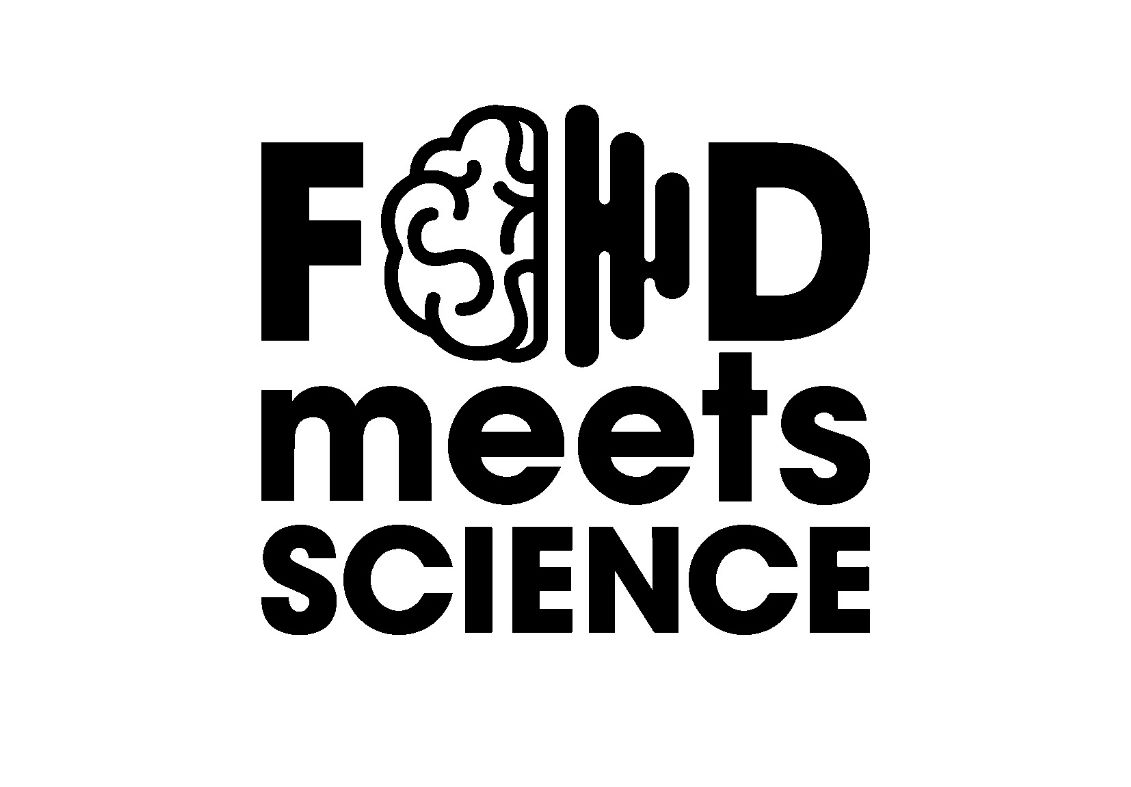




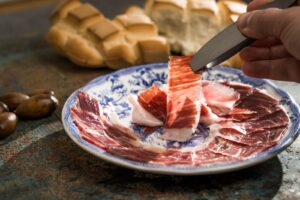

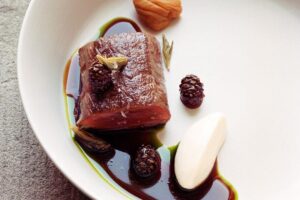
Post a comment